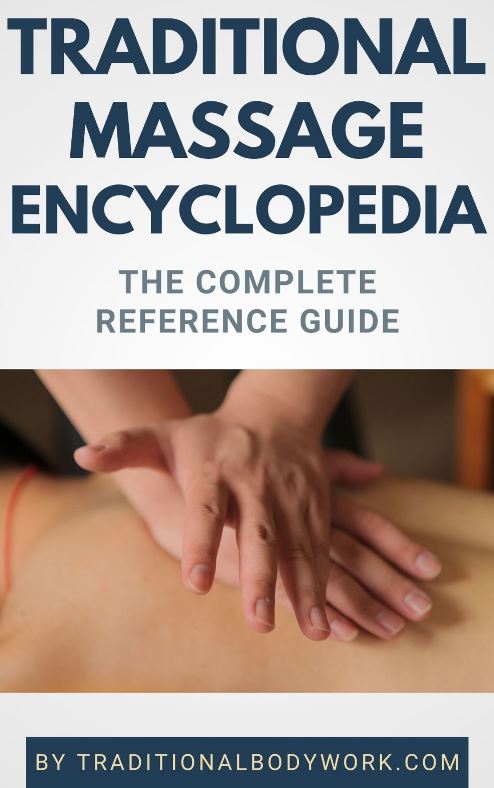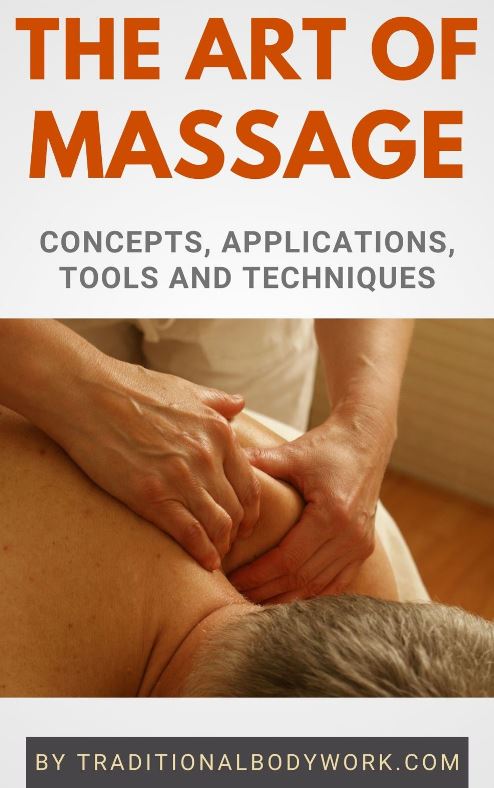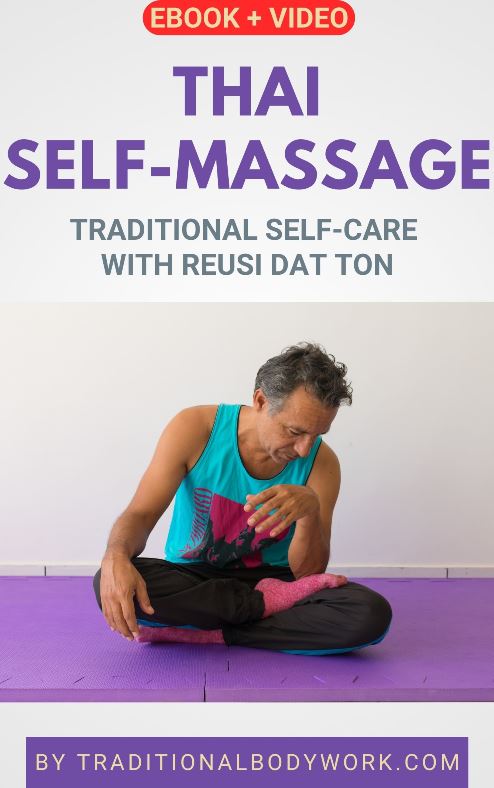
Why Ethics Matter in Healing Practices
In holistic bodywork, the exchange between practitioner and client is rooted in something deeper than routine service: trust. Whether someone comes in seeking relief from pain, emotional balance, or energetic alignment, they’re placing themselves in a uniquely vulnerable position. That kind of openness requires more than just technical skill. It requires clarity, firm boundaries, and consistent ethical awareness.
Massage therapists and bodyworkers work not just with muscles, but with people’s comfort, experiences, and often their unspoken emotional landscape. A strong ethical foundation supports everything from how touch is introduced to how communication flows during a session. When that foundation is solid, clients feel safe and respected, and practitioners build lasting, reputable practices based on integrity.
Understanding Boundaries: More Than Just Physical Space
Boundaries in bodywork are often reduced to the physical—draping, pressure, and which areas are off-limits. But ethical practice goes far beyond that. The emotional tone, verbal communication, energetic presence, and structure of the practitioner-client relationship all contribute to whether a client feels at ease.
It’s the therapist’s responsibility to establish and maintain this professional container. That happens not just through technique, but through intentional behavior, respectful language, and clear expectations. Something as simple as asking before adjusting a pillow, checking in about pressure, or explaining the session format can reinforce trust. On the other hand, ignoring discomfort, dismissing client cues, or blurring personal and professional lines can quickly erode it, even when intentions are good.
When boundaries are crossed, clients often hesitate to speak up. Some freeze, second-guess themselves, or leave feeling unsettled without knowing why. That’s why proactive boundary respect is essential: it helps clients feel in control and protects therapists from misunderstandings or ethical pitfalls.
For clients who believe something went wrong during a session—especially if they felt coerced or violated—there are legal options after massage therapy abuse. Knowing that this kind of support exists is an important part of restoring agency and recognizing the seriousness of practitioner responsibility.
Codes of Conduct: What Practitioners Are Expected to Follow
Strong ethics begin with knowing the professional standards that apply to the field. These aren’t vague ideals—they’re enforceable principles set by licensing boards and credentialing organizations to ensure safe, accountable practice.
Most bodyworkers understand the basics: maintaining confidentiality, avoiding dual relationships, and respecting the client’s autonomy. However, a well-rounded code of conduct also addresses less obvious elements, such as billing clarity, marketing practices, and the appropriate use of touch.
Documents like the NCBTMB Code of Ethics offer a detailed structure for maintaining professionalism. They cover topics such as informed consent, scope of practice, nondiscrimination, and the obligation to report misconduct. These principles aren’t just legal requirements—they’re rooted in care, respect, and responsibility.
Ethical practitioners don’t treat these guidelines as checklists. They integrate them into every part of their work, staying grounded in their purpose and more prepared to handle the complex situations that inevitably arise in healing professions.
Consent Is Ongoing: How to Keep Communication Clear
Consent isn’t something that happens once at intake. It should be continuous, supported through open dialogue and attentiveness before, during, and after every session. Whether discussing draping preferences, pressure, or treatment goals, practitioners must communicate with clarity and respect.
Small, thoughtful check-ins—asking “How’s this pressure?” or “Is this area still comfortable?”—signal to the client that their feedback is valued and matters. These moments strengthen trust and remind clients that they are active participants in the process.
It’s also essential to remember that consent can change mid-session. A client who initially feels fine may experience a change in their feelings as the work progresses. By incorporating feedback into the normal rhythm of treatment, practitioners enable clients to feel empowered to speak up without hesitation.
Prioritizing consent doesn’t just prevent problems. It deepens the therapeutic value of the work and creates a space where true healing can happen.
Growth Through Accountability and Continued Learning
Ethical practice is not a destination—it’s a habit. It grows with self-reflection, openness to feedback, and a commitment to learning. Practitioners who embrace these elements become more grounded, more responsive, and better equipped to handle the responsibilities of the work.
Continuing education plays a critical role in this. Ethics workshops, peer supervision, and professional development courses provide an opportunity to explore challenging questions, challenge assumptions, and refine professional judgment. These conversations matter, especially in a field where each client encounter is unique.
Being accountable doesn’t mean never making mistakes. It means owning your actions, correcting missteps, and staying aligned with the values that initially drew you to the work.
Ethical values also take shape through cultural lenses. In the Thai massage code of ethics, for example, qualities like compassion, humility, and self-discipline define the practitioner’s role. These principles reflect not only regional customs but also shared ideals about how healing relationships should be maintained—with care, respect, and sincerity.




















